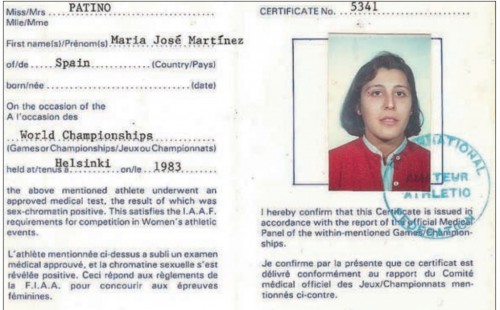Early Career Researcher Focus: Interview with Eva Cheuk-Yin Li on Gender Performance in East Asia
At the 2018 British Sociological Association Conference, we had the pleasure of speaking to sociology researchers across the breadth of the discipline, and at all career levels. Eva Cheuk-Yin Li has just completed her PhD on gender and sexuality studies and pop culture in East Asia, at King’s College London, and spoke to Sociology Lens about her research into gender performance in the context of pop culture and fandom in Chinese societies. Tell us about your research background I am...













